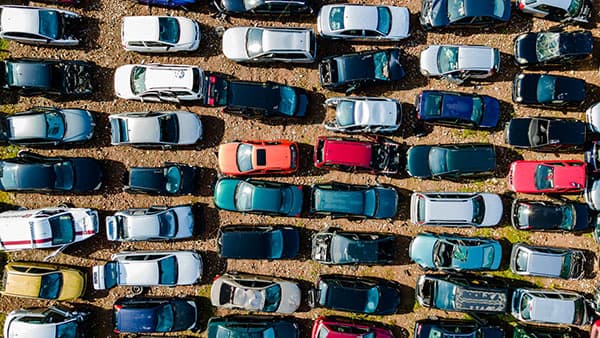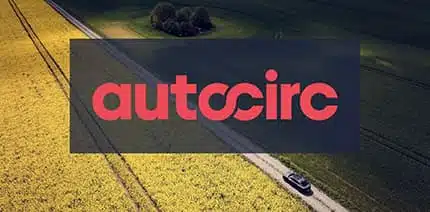In France, the National Assembly passed a law on Wednesday, March 27, 2024, with the objective of fostering vehicle reuse to promote sustainable and inclusive mobility. This legislation aims to extend the lifespan of cars resulting from the conversion bonus, making them accessible to “disadvantaged” individuals.

Within France, 13.3 million people face challenges in accessing mobility due to precarious circumstances. Among them, 4.3 million individuals, constituting 8.5% of the population, lack personal transportation or access to public transit subscriptions. To address this issue, Parliament ratified a law on Wednesday, March 27, 2024, designed to prolong the usability of vehicles earmarked for recycling. Initiated by the Senate’s Ecologist group and previously endorsed in its initial reading, this law seeks to advance sustainable and cohesive mobility across regions.
It stipulates that local authorities working through mobility organizing authorities (AOM) may acquire specific vehicles eligible for the conversion bonus. These vehicles will then be made available to “socially disadvantaged” individuals through affordable leasing arrangements. It’s important to note that only the least environmentally impactful vehicles will be included in this initiative. Specifically, this encompasses gasoline cars categorized as Crit’Air 3 or better, which can be repurposed through “associations recognized for their public utility or general interest,” such as solidarity garages. France is home to 150 workshops of this nature within its borders.
The rapporteur of the legislation, ecologist Marie Pochon, asserts that the proposed law emerged from the observation of dwindling donations of private cars to solidarity garages, largely due to competition from the conversion bonus system. Pochon further highlights that “thousands of vehicles, sometimes low-emission, sometimes with minimal mileage and still functional,” are annually dispatched to ELV centers.
Out of the 92,000 vehicles scrapped in 2022 under the conversion bonus scheme, 59% were categorized as Crit’Air 3, “many of which were in excellent operational condition,” emphasizes Marie Pochon. Patrice Vergriete, Minister for Transport, lent support to the legislation, deeming it imperative to “ensure the social assistance crucial for the success” of the ecological transition while considering “the needs and specific challenges of the most economically disadvantaged.”
Source j2rauto.com











